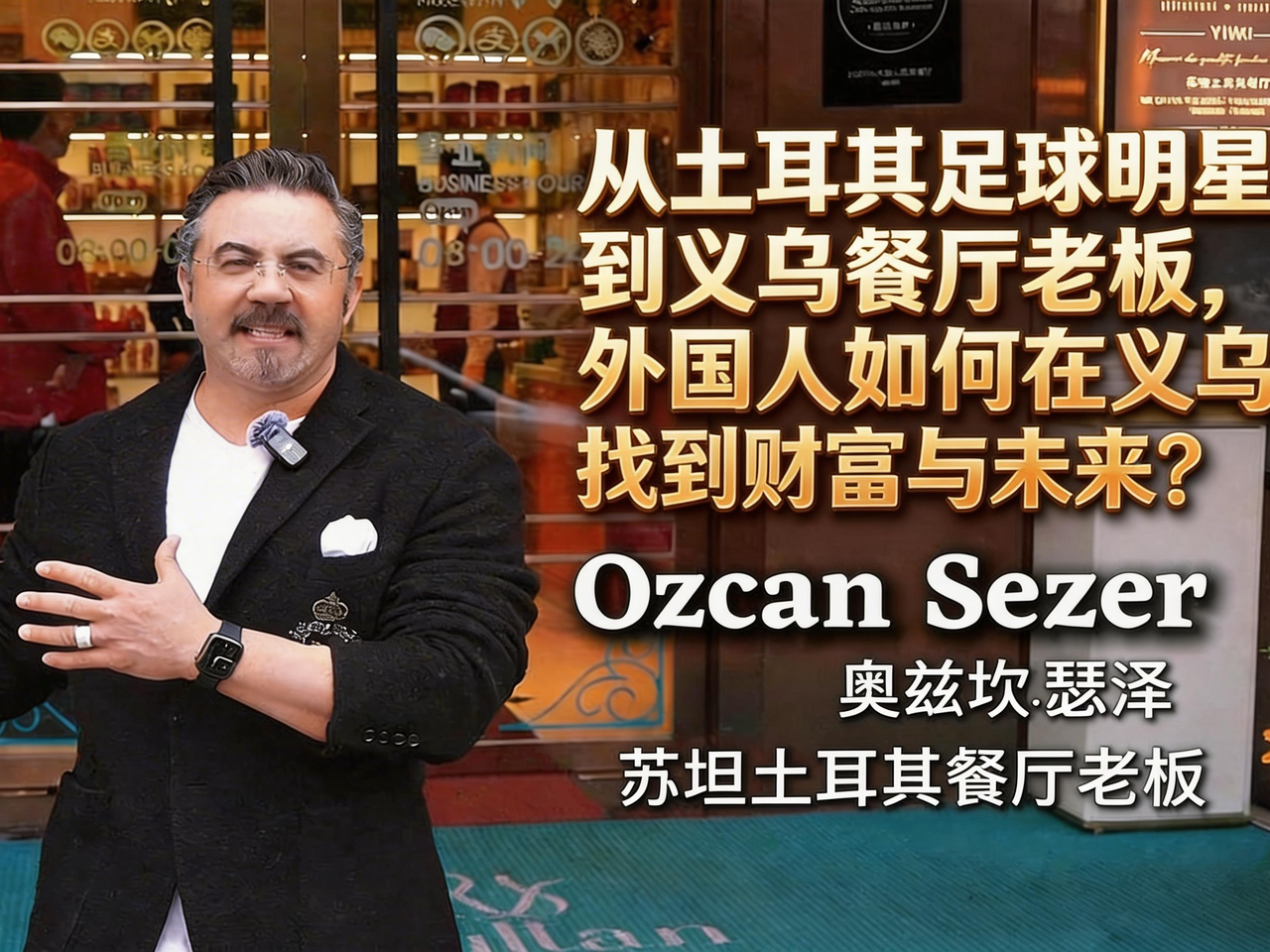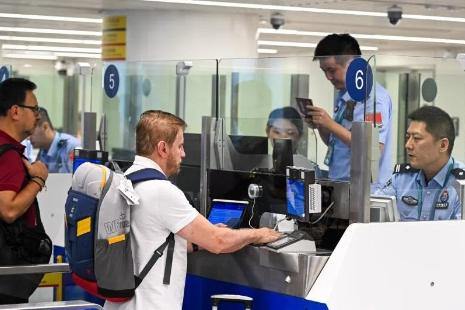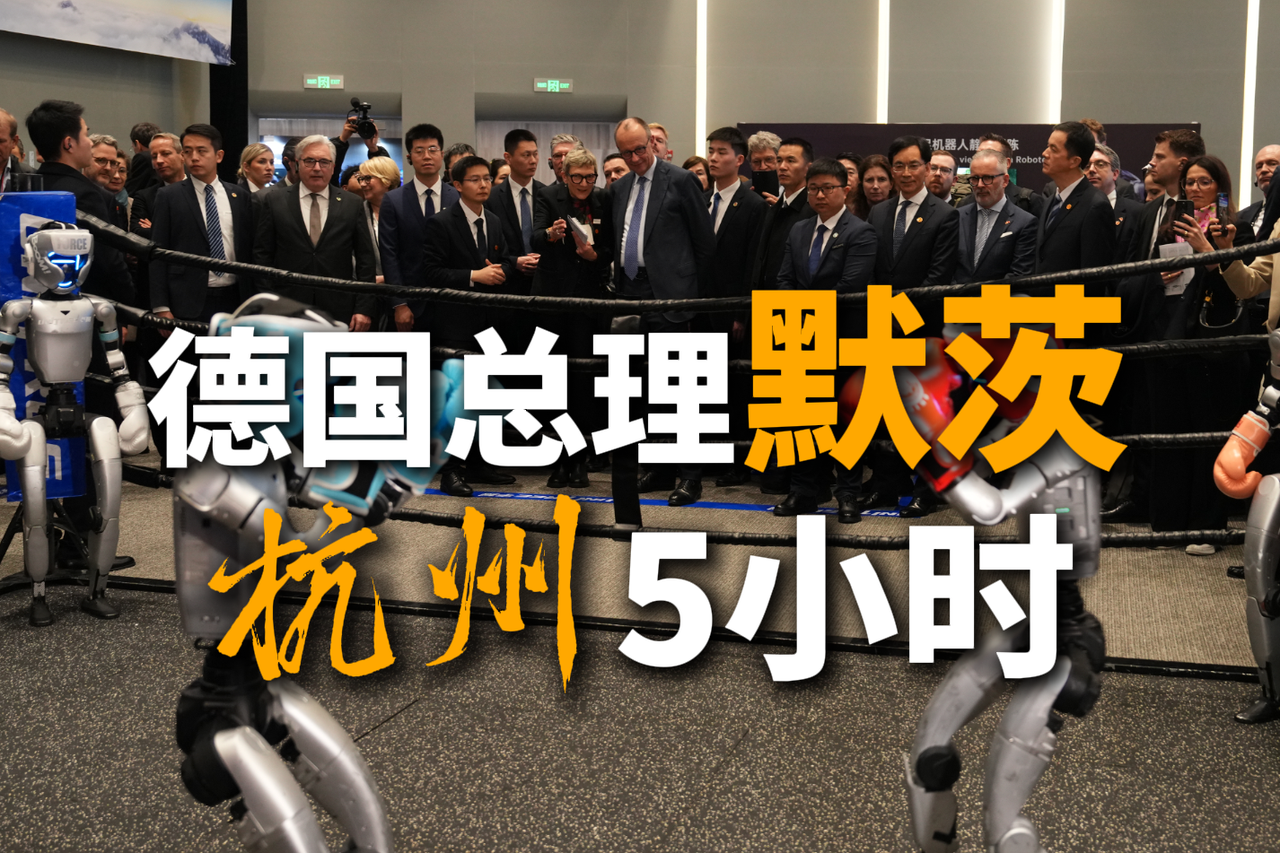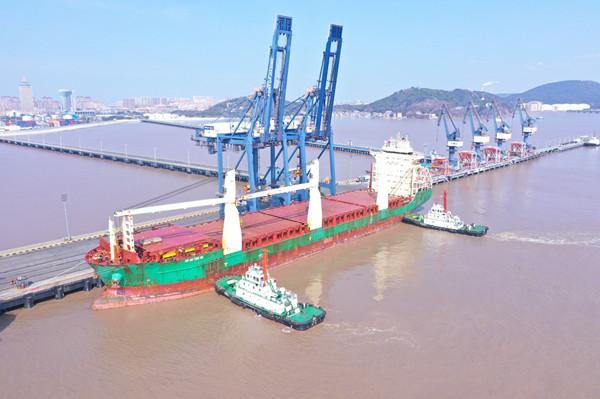Hailing from Tonglu, Zhejiang province, the Hes have been in Iran since 2008. They are well known in the Chinese community in Teheran. Their hotel is one of the favorite places for those Chinese visiting or working in Teheran.

Living in Iran for over a decade, Shentu Hefen, better known as Mrs. He, is now well integrated into local life with a stable business and many friends around. Life in Teheran is safe and easy. It only takes ten minutes’ drive to a nearby snow mountain, where one can enjoy a cool summer as well as a comfortable winter with sufficient heating.
She was “tricked” by her husband to Iran years ago, Mrs. He jokes. At that time, Mr. He was attracted by the offer from the newly established Iran-China Commerce and Trade Center. Compared with those from Wenzhou and Taizhou, fewer people in Tonglu choose to venture overseas, because generally, they could live a comfortable life by working in Tonglu. However, already in his 40s, her husband decided to take the risk and come to Iran.
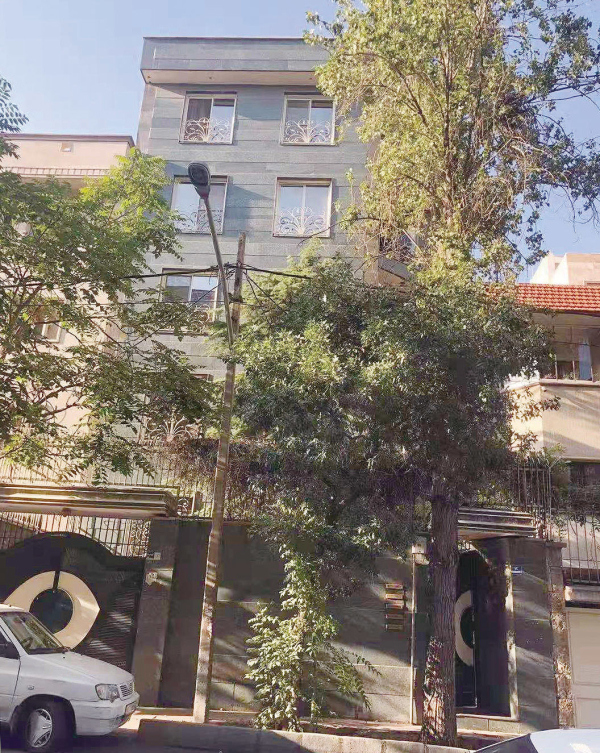
Their experience at the Iran-China Commerce and Trade Center was not all smooth sailing. Located in Abadan city along Iran’s border with Iraq, the center boasted of over 200 Chinese businesses, most of which were run by those from the neighboring Fujian province. The couple opened a supermarket hundred of square meters in size.
Before the Iran-Iraq War, Abadan was quite prosperous as Iran’s oil export distribution center. But it was seriously damaged during the war and failed to recover for a long time. Also, close to the desert, sandstorms hit frequently, water was salty and scarce: indeed, drinking water had to be purchased separately. Then there was also the language barrier. After staying for more than three years, in the second half of 2011, the Hes sold their business and moved to Tehran to find new opportunities.
For their unsuccessful experience in the center, Mrs. He believed that poor management of the center and locals’ limited purchasing power in Abadan was largely to blame. Considering the loss in clearance sales when leaving Abadan and the exchange rate depreciation in 2012, they did not make any money during the first three years in Iran.
Although unprofitable, the couple’s business helped them win many friends in Iran in the past three years. Gradually, they also knew more and more local people and maintained a good relationship with them.
After they closed their supermarket, many friends suggested that they open a hotel mainly catering to Chinese coming to Iran. The couple took up the suggestion and rented a place. The rest is just history.
Sitting in the north of Teheran, the hotel, which was named Chinese Chamber of Commerce Reception Center in Teheran Iran (or CCCRC), is a stand-alone six-story building, five of which are for guests and one for administrative and other uses. Sometimes during the peak season, they still have to rent several additional apartments nearby. Although the rent is much higher in northern Teheran, where wealthy families congregate than other areas, good public security, good environment, and good air mean that large Chinese companies in Iran have generally chosen this area as their base, a large source of guests for the hotel, as they often stay there for the long term. Then other sources include short-term visitors and business travelers, as well as groups of workers when a big project is launched.
The Hes were doing brisk business until in 2018, when the currency sharply devalued and the international circumstances changed dramatically, forcing the closure of more than a dozen hotels like theirs. Thanks to the Hes’ good management over the past ten years, they have managed to keep their hotel going.
Hotels have often played an important role as information exchange channels and centers, and the Hes’ hotel is no exception, especially since their guests are mostly Chinese businessmen and all sorts of information are naturally flying about and passed from one another quickly. A most impressive experience for Mrs. He was in 2016 when the EU and the US were reported to be lifting sanctions against Iran, throngs of Chinese came to Iran from Dubai within only a few months, hoping to find new business opportunities. But it soon petered out as no progress had been made.
Setting up factories in Iran was another popular investment. Compared to China, the pace of work in Iran was much slower, but the costs of energy, electricity, and labor were much cheaper. Two Chinese businessmen are staying at Mrs. He’s hotel right now, doing some fieldwork for setting up factories there. As with the majority of people in China, the two businessmen were vaccinated before traveling abroad.
The situation in Iran is still not optimistic as far as combating COVID-19 is concerned. Except for shopping and other essential activities, Mrs. He tries not to go out although she has already been vaccinated. To her, the Iranian people nowadays become less inclined for spending and consumption: far fewer Iranian merchants journey to Yiwu to buy small commodities. Nonetheless, there are still business opportunities out there to be tapped. For example, the drastic devaluation of the Iranian currency enabled some Chinese businessmen to buy in a much cheaper price local pistachios, marble, and other goods, and sell them back to China. With Iran’s aging types of machinery and equipment, once Iran’s domestic conditions stabilize, Mrs. He believes it is destined to become a market with a huge demand in the future.

